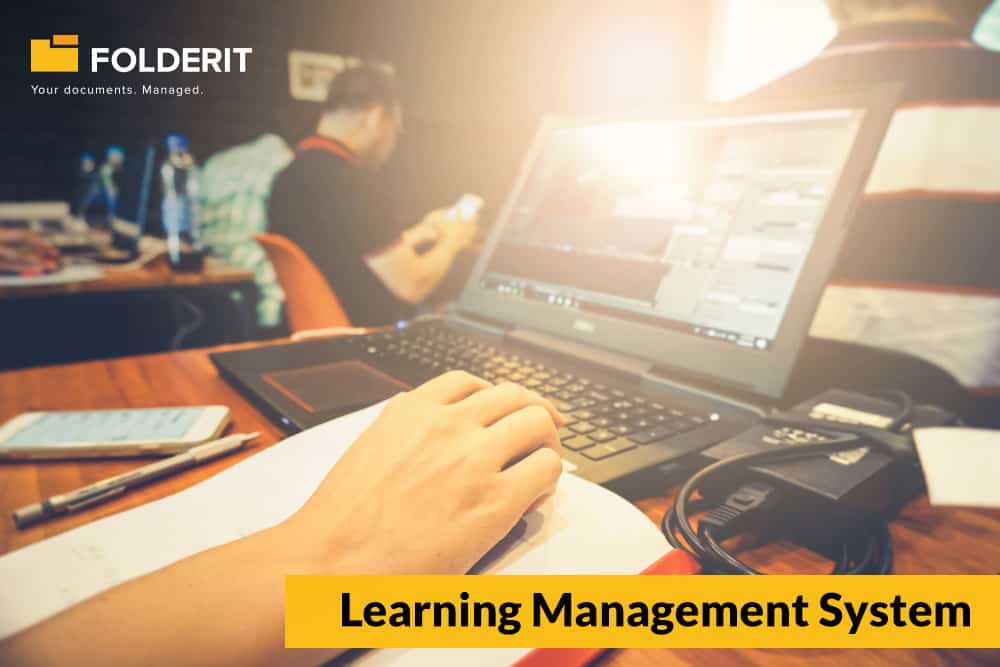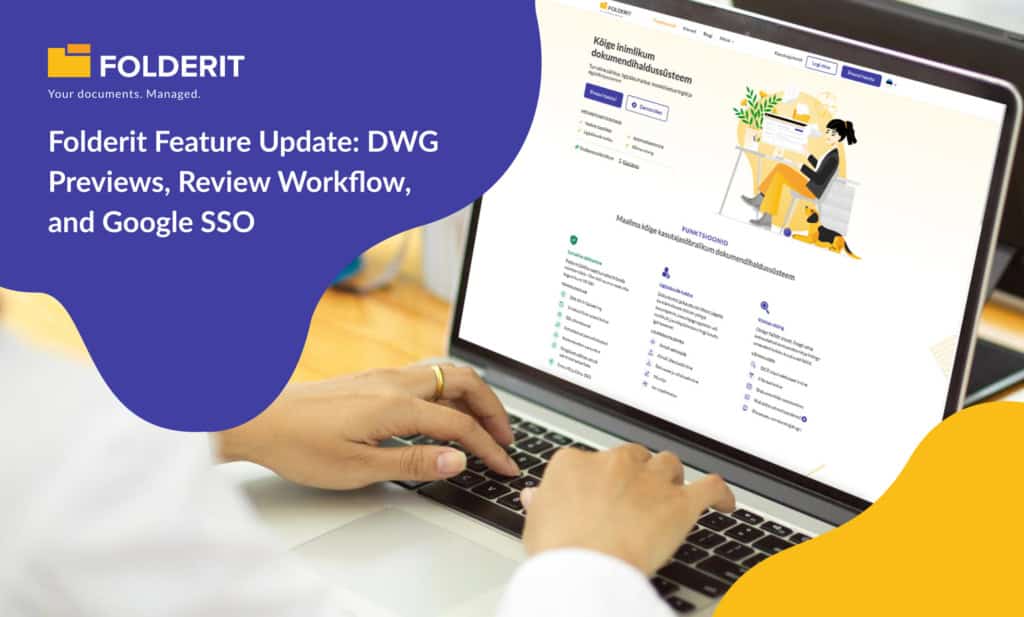
Learning Management System for SMB
In today’s competitive market, professional development and staff training are more important than they have ever been before. If you are a small to midsize (SMB) establishment, you don’t have extra dollars to spend on a learning management system that doesn’t meet your needs. With that said, there are some steps that need to be taken to choose an LMS (Learning Management System) that can save you time, money and frustration.
Here are a few things that you should keep in mind:
What is the primary focus of your company?
By focusing your staff training on skills that feed into the primary purpose of your business, you can improve your staff’s understanding of what’s needed to turn your SMB into a healthily productive company. For example, if your primary function is to provide customer service, then your training modules might focus primarily around that area. However, you might also want to offer materials for support staff, such as your record keeping department, purchasing or sales.
Develop Clear Expectations
Just sending your staff to training sessions is not sufficient to produce positive results. Let your staff know what’s expected of them so they can focus their training toward reaching those goals. You want a staff training session to point toward goals that will help your company provide better service or a better product. You want your support staff to be able to improve their performance while gaining a better understanding of why certain tasks are necessary for the overall health of the company.
Have a method of measurement for training success
Attending a conference or webinar might be fun for the employee, but if it doesn’t improve his or her performance then it isn’t going to go very far toward increasing your bottom line. There are all kinds of ways to measure performance, ranging from reports or post-tests about the training session to comparing on the job performance before the training and after the training. Incidentally, an employee who enjoys the training session is more likely to learn something beneficial than one who is bored or offended by the material. Even so, the learning needs to feed back into making business better. More than that, it is essential to keep track of yearly training using a record keeping system such as Folderit so that there are no questions about who attended what or when.
Your LMS needs to be scalable
Your learning management system needs to fit the size of business you have now but you should be able to scale up as your business grows, or to scale down if you are cutting back. You don’t want a system designed to handle hundreds of employees if you have a staff of less than fifty; by the same token, if you have a staff of five hundred, and you are using the same system you used when you had a staff of fifty, and it doesn’t have options for scaling, it can become clunky and unwieldy for users – which will often mean they won’t participate.
Shop around, not all LMS are created equal
Learning Management Systems can range from the excellent Moodle system to Blackboard, the original system developed for universities that offered night classes. In fact, there are hundreds of LMS systems available from which you can choose. Read the specs carefully to see if the one you choose will meet the needs of your company. Consider the cost of the LMS, as well. Don’t make the assumption that a fancy price guarantees perfect performance. Low-cost cloud-based systems can easily meet your needs – especially if your HR is good at building training modules. You can often find “freemium” systems – modules that are free, but that can have “for pay” features added. Moodle is an open-source “freemium” for example, as is Sakai11 and Latitude Learning.
Make a list of the things you want in an LMS, and shop around. You might be surprised about the companies that offer LMS modules for your use. You can even create your own LMS if you have knowledgeable people on your staff who can use a cloud management system that might already be part of your resources, to develop learning modules for new staff members or even for staff from other departments.



